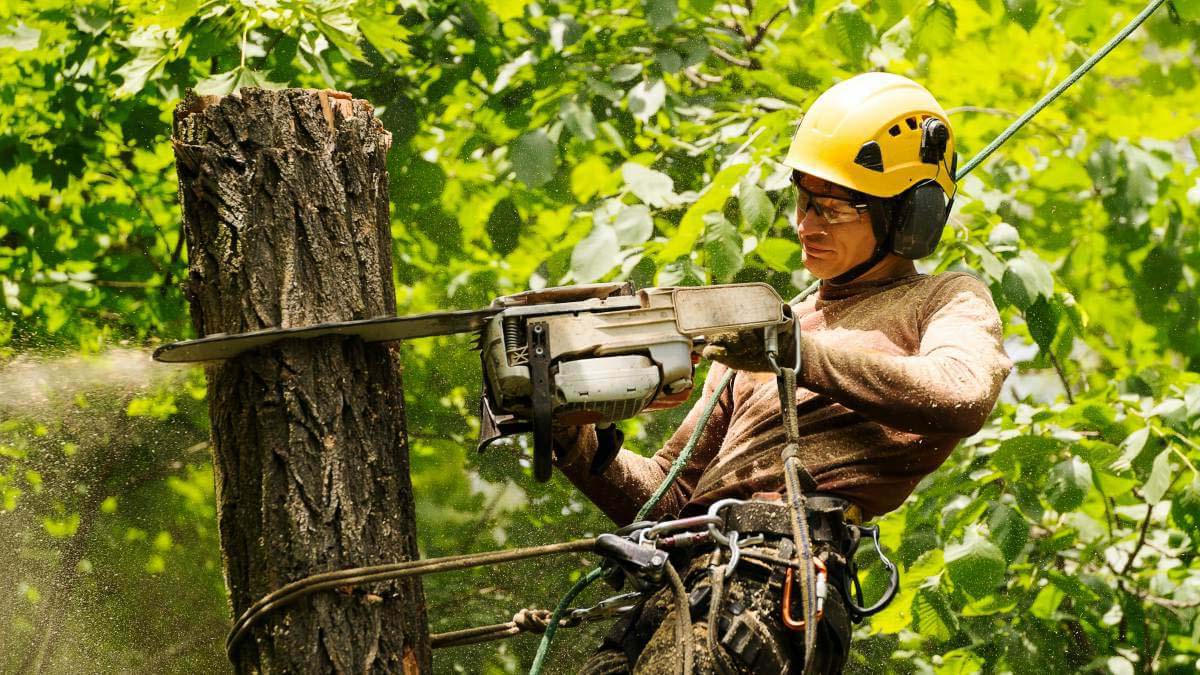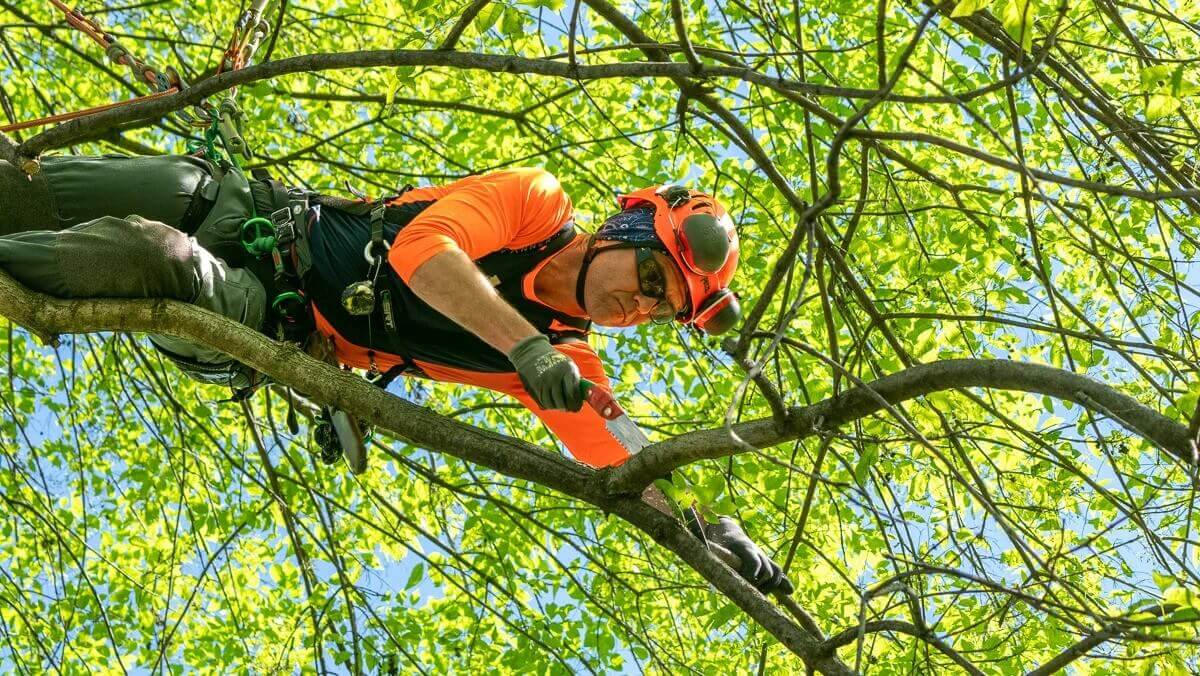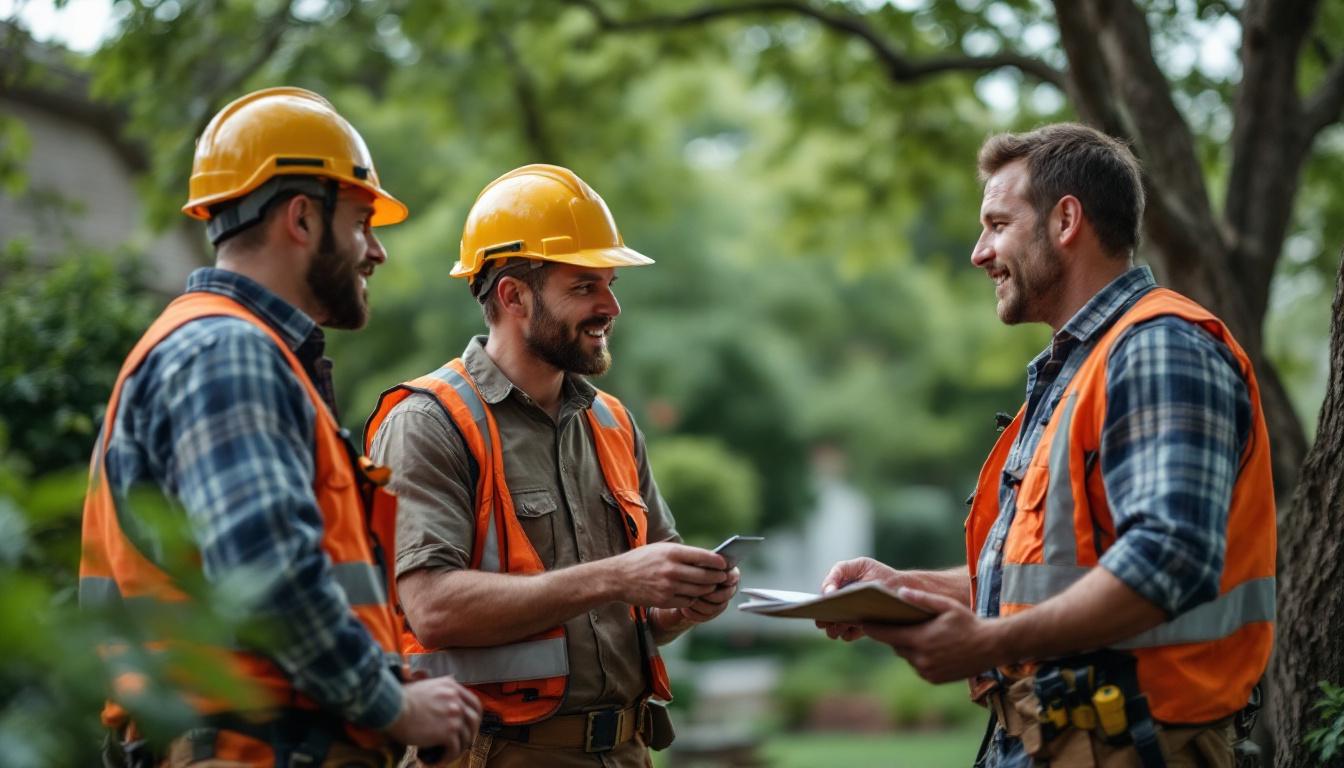When it comes to maintaining the health and aesthetics of your garden, finding a qualified tree lopper is essential. Tree lopping involves the careful trimming and shaping of trees to ensure their longevity and safety. However, not all tree loppers are created equal. Understanding the qualifications and skills that a professional tree lopper should possess can help you make an informed decision when hiring someone for your tree care needs. This guide will explore the essential qualifications, skills, and considerations for selecting a tree lopper near you.
Understanding Tree Lopping
Tree lopping is a specialised service that goes beyond simple pruning. It involves the removal of large branches or limbs from trees, which can be necessary for various reasons, including safety, aesthetics, and tree health. Many homeowners searching for Tree Loppers Near Me rely on professionals to ensure the job is done safely and effectively. Proper tree lopping can prevent potential hazards, such as falling branches during storms, and can also enhance the overall appearance of your landscape.
However, tree lopping is not without its risks. It requires a deep understanding of tree biology, the appropriate techniques for cutting, and the necessary safety measures to protect both the worker and the surrounding environment. This is why hiring a qualified tree lopper is crucial.
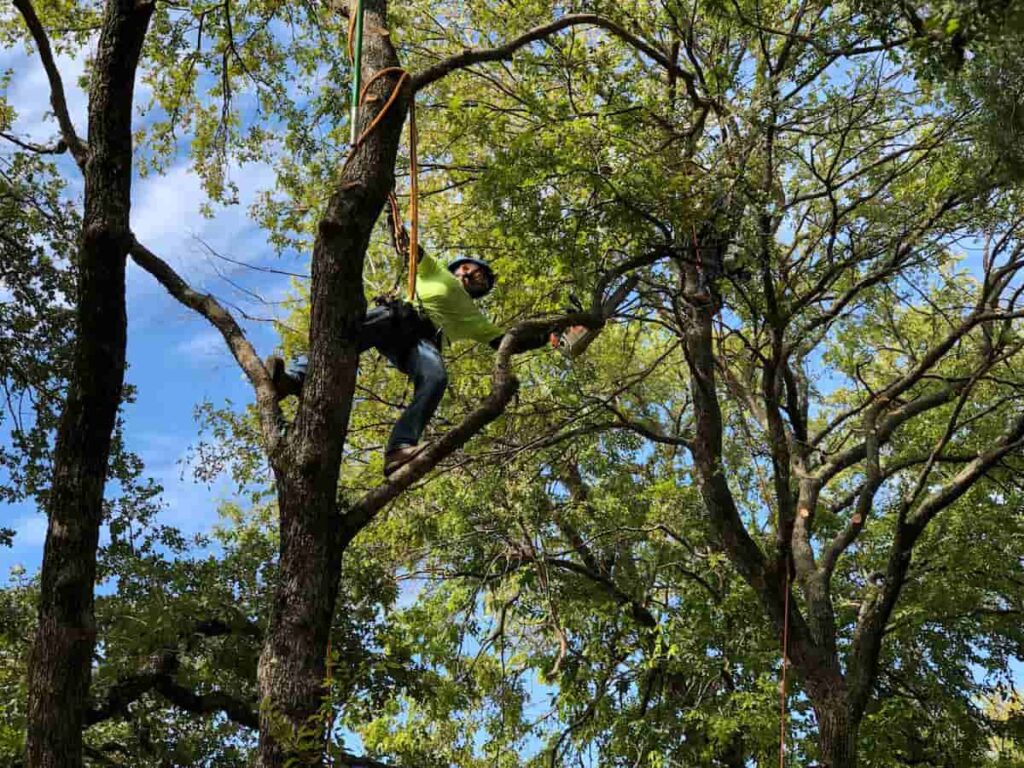
Essential Qualifications for Tree Loppers
When searching for tree loppers near you, it is important to consider their qualifications. Here are some key qualifications that a professional tree lopper should possess:
1. Certification and Training
A qualified tree lopper should have relevant certifications that demonstrate their knowledge and skills in tree care. Many professionals obtain certifications from recognised organisations, such as the International Society of Arboriculture (ISA) or the Tree Care Industry Association (TCIA). These certifications often require passing exams that cover tree biology, pruning techniques, safety practices, and pest management.
Additionally, many tree loppers undergo formal training programmes that provide hands-on experience in tree care. This training is essential for understanding the complexities of tree health and the best practices for lopping and pruning.
2. Experience
Experience is another critical factor when selecting a tree lopper. A seasoned professional will have encountered various tree species and conditions, allowing them to make informed decisions about the best lopping techniques to use. It is advisable to ask potential tree loppers about their experience, including the types of trees they have worked with and the challenges they have faced.
Furthermore, experienced tree loppers are more likely to have developed a keen eye for identifying potential issues, such as diseases or structural weaknesses in trees, which can be crucial for the long-term health of your trees.
3. Insurance and Safety Training
Tree lopping can be a hazardous job, and accidents can happen even to the most experienced professionals. Therefore, it is imperative that any tree lopper you consider hiring has adequate insurance coverage. This protects you from liability in the event of an accident or damage to your property during the lopping process.
In addition to insurance, a qualified tree lopper should have completed safety training. This training typically covers the use of equipment, safe working practices, and emergency procedures. A commitment to safety is a sign of a responsible professional who prioritises the well-being of their team and clients.
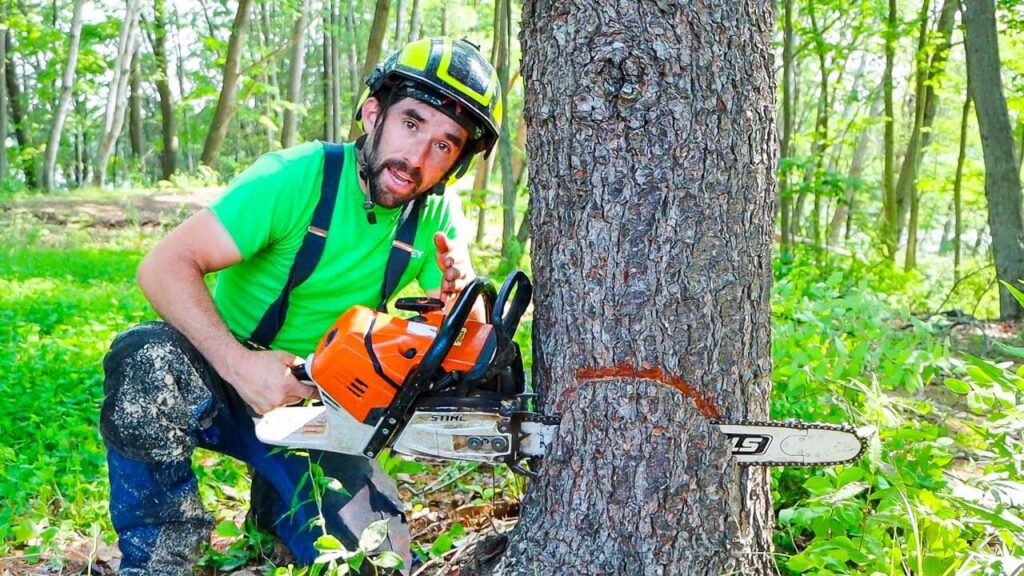
Skills to Look For in a Tree Lopper
Beyond formal qualifications, certain skills are essential for effective tree lopping. Here are some key skills to look for:
1. Knowledge of Tree Species
A proficient tree lopper should have a solid understanding of different tree species and their specific needs. Different species may require different lopping techniques, and a knowledgeable professional will know how to approach each tree appropriately. This knowledge also extends to recognising signs of disease or distress in trees, allowing for timely intervention.
2. Proficiency in Equipment Use
Tree lopping requires the use of various tools and equipment, including chainsaws, pruning shears, and ropes. A qualified tree lopper should be proficient in using these tools safely and effectively. They should also be familiar with the latest equipment and techniques in the industry, ensuring that they can perform their work efficiently.
3. Communication Skills
Effective communication is vital in ensuring that the tree lopper understands your needs and expectations. A good tree lopper will take the time to discuss your goals for the tree lopping project and provide recommendations based on their expertise. They should also be able to explain the processes involved and answer any questions you may have.
Questions to Ask Potential Tree Loppers
When interviewing potential tree loppers, it is essential to ask the right questions to gauge their qualifications and suitability for your project. Here are some questions to consider:
- What certifications do you hold? This will help you assess their level of training and expertise.
- How many years of experience do you have in tree lopping? Experience can significantly impact the quality of work.
- Can you provide references from previous clients? References can give you insight into their reliability and professionalism.
- What safety measures do you have in place? Understanding their safety protocols can help you feel more secure about the work being done.
- What is your approach to tree health and maintenance? This question can reveal their knowledge of tree care beyond just lopping.
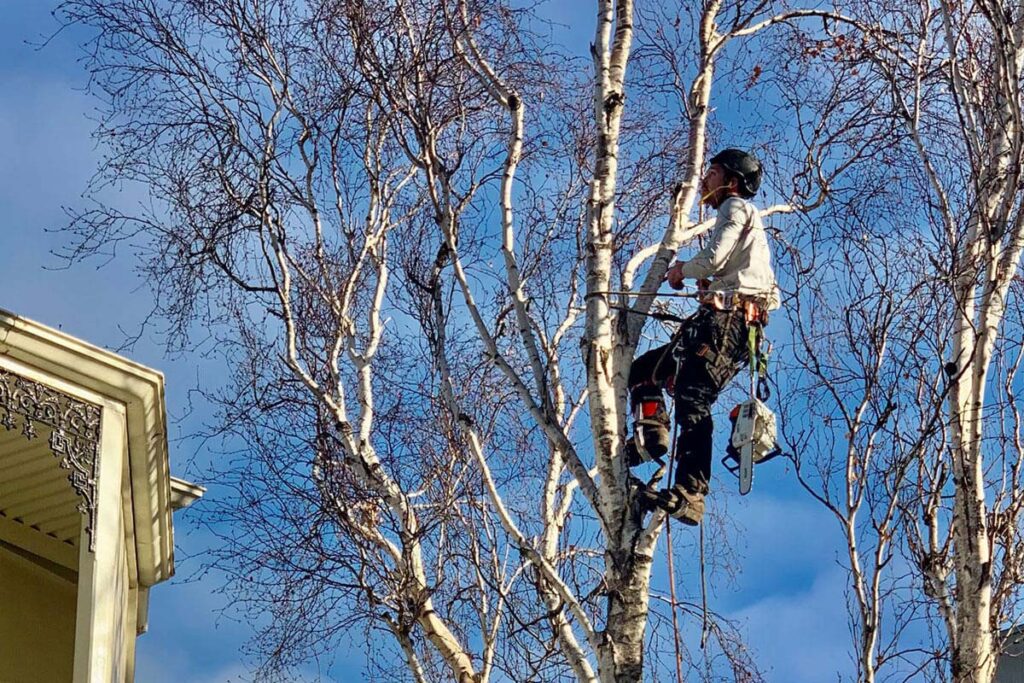
The Importance of Hiring a Qualified Tree Lopper
Hiring a qualified tree lopper is not just about aesthetics; it is also about ensuring the health and safety of your trees and property. Poorly executed lopping can lead to long-term damage to trees, making them more susceptible to disease and pests. In some cases, improper lopping can even result in the death of the tree.
Moreover, the safety risks associated with tree lopping cannot be overstated. As highlighted by the Tree Care Industry Association, the fatality rate for tree trimmers and pruners is significantly higher than the all-industry average. Therefore, ensuring that the professional you hire is qualified and experienced is paramount for both your safety and the well-being of your trees.
Conclusion
Finding a qualified tree lopper near you involves understanding their qualifications, skills, and experience. By prioritising certification, experience, and safety training, you can ensure that your trees receive the care they need while minimising risks. Remember to ask the right questions and consider the importance of hiring a professional who understands the intricacies of tree care. With the right tree lopper, you can maintain a healthy and beautiful landscape for years to come.
See Also: When Do Homeowners Really Need Tree Lopping Sydney
FAQs on Tree Loppers Near Me
Tree lopping involves cutting back large branches for safety, aesthetics, or tree health, while pruning is more precise and focuses on smaller cuts to encourage healthy growth and structure.
A professional tree lopper should have certifications (such as ISA or TCIA), formal training in arboriculture, hands-on experience, safety training, and adequate insurance coverage.
Certification shows that a tree lopper has the necessary knowledge in tree biology, safe cutting techniques, pest management, and best practices, ensuring the work is done correctly and safely.
Yes. Tree lopping is risky, and insurance protects both the homeowner and the worker in case of accidents, injuries, or property damage during the job.
You should ask about their certifications, years of experience, safety measures, references, and approach to tree health and maintenance.
Tree lopping involves dangerous equipment and working at heights. Safety training ensures that professionals follow proper procedures, reducing the risk of accidents and injuries.
Unqualified loppers may damage your trees, making them more vulnerable to disease, pests, or even death. They may also pose safety risks to themselves, your property, and your family.

